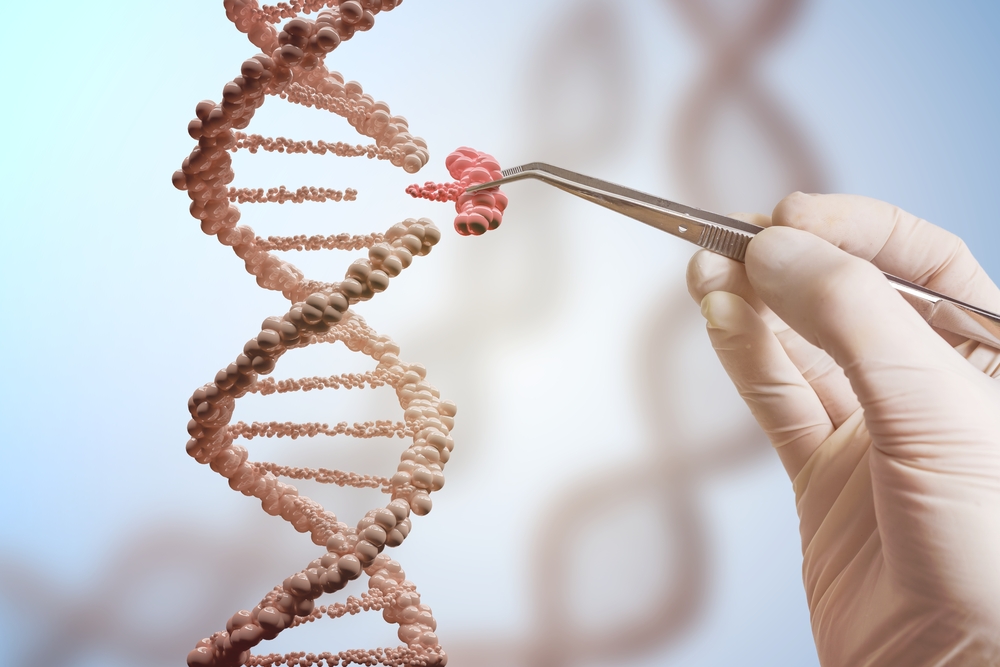PPMD Funds Gene Therapy Research Aimed at Improving Cardiac Function in DMD Patients

Parent Project Muscular Dystrophy (PPMD) has granted $105,000 to the University of Missouri School of Medicine to advance research into a mini-dystrophin gene therapy that may protect cardiac function in Duchenne muscular dystrophy (DMD) patients.
The funds were raised during PPMD’s Cardiac Initiative holiday campaign highlighting the importance of cardiac research and heart health in DMD. John Owens Adventure, Inc. also contributed.
Duchenne is characterized by long-term muscle deterioration with significant implications in pulmonary and cardiac function.
Cardiac dysfunction, including cardiomyopathy, — i.e., heart muscle disease that compromises the heart’s ability to pump blood — is a frequent symptom in DMD. But clinical recognition can be masked by severe muscle weakness, delaying diagnosis and treatment.
Because of that, there is a need to develop cardiac therapies tailored for these individuals.
The University of Missouri project is aimed at investigating two distinct regions of the DMD gene that have been associated with cardiac disease. The DMD gene has the instructions for the production of the dystrophin protein, which is lacking in DMD.
Join our MD forums: an online community especially for patients with Muscular Atrophy.
One of those regions is called the heart domain. Absence of this section of the gene was linked to more cases of cardiac disease, suggesting a protective role for this apparently heart-related gene region.
Likewise, the CT domain of the DMD gene has been associated with milder cardiac disease, but it had not been incorporated in other trials with mini- or micro-dystrophin, as it has not been associated with skeletal muscle effects.
Investigators will incorporate the heart and CT domains in mini-dystrophin genes and evaluate both cardiac muscle and skeletal muscle function. Although the project is focused on improving cardiac function using mini-gene technology, scientists hope to create mini-dystrophin genes that benefit both the heart and voluntary muscles.
“Currently, three trials aimed at replacing dystrophin through gene therapy are underway. These treatments use adeno-associated virus (AAV) to deliver an abbreviated version of the DMD gene, so-called mini- or micro-dystrophin gene, to muscle cells to produce a partial dystrophin protein. Due to the size constraints of AAV, it is not currently feasible to transfer the entire DMD gene sequence. Ultimately, the function of the new dystrophin protein is influenced by the regions of the DMD gene that are included in the minimized gene,” Abby Bronson, PPMD’s senior vice president of research strategy, explained in a press release.
“We are very grateful to PPMD for supporting this important research. Heart disease is a major health threat to Duchenne patients. An ideal therapy for Duchenne should treat both skeletal muscle and the heart,” said project leader Dongsheng Duan, PhD. “The current versions of the minimized dystrophin gene are designed based on the knowledge of dystrophin structure-function relationship in skeletal muscle. The heart is the only muscle in the body that has to contract continuously to pump blood. Recent studies suggest that dystrophin may contain unique domains that can help the heart better cope with the stress generated during contraction,” said Duan, who is the Margaret Proctor Mulligan Professor in Medical Research at the University of Missouri School of Medicine.
“In this study, we will dissect the role(s) these domains play in the heart, and more importantly, we will develop next-generation micro-dystrophin genes to more effectively protect the heart,” he said.
Later this year, PPMD will unveil other cardiac research projects to be financed through the organization’s Cardiac Initiative.






